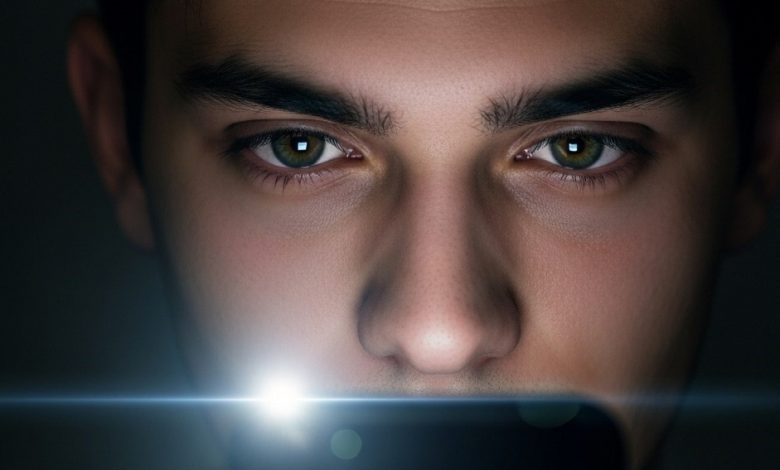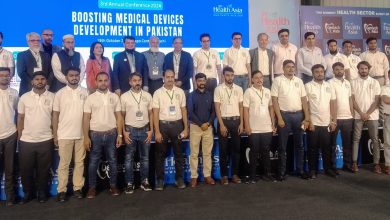New Study: Using Mobile Phones and Excessive Light at Night Can Harm Your Heart

Exposure to excessive light at night, including mobile phone screens, laptops, televisions, and bright bulbs, has been linked to a rise in heart-related diseases, according to a recent study conducted in Australia. Medical experts and cardiologists have backed the study, warning that excessive light at night before bedtime disrupts the body’s natural systems and can lead to serious health issues such as heart disease, diabetes, and high blood pressure.
The study, carried out by the Flinders Health and Medical Research Institute, revealed that prolonged exposure to artificial light significantly impacts heart health. The research showed a notable increase in the risk of heart artery disease, heart attacks, palpitations, strokes, and other cardiovascular disorders among individuals who spend extended hours in brightly lit environments at night.
Scientists clarified that the harm is not limited to sleep deprivation alone. Even after accounting for other contributing factors such as diet, exercise, smoking, and sleep duration, artificial light remained a strong, independent risk factor. The effect was especially prominent in women, who showed a higher tendency toward heart failure, while younger individuals were more prone to heart rhythm disturbances.
Medical experts state that the root of the problem lies in the disruption of the body’s natural circadian system — the internal biological clock that controls sleep, heart rate, blood pressure, and various other bodily functions. Exposure to bright light before bedtime interferes with this system, triggering a cascade of disorders in the brain and body.
Speaking to media in Karachi, Prof. Dr. Nouz Lashari, Chairman of the Department of Cardiology at Civil Hospital, confirmed the findings, noting that similar cases have increasingly been observed in local patients.
“During history-taking, we found that many heart patients reported heavy use of mobile phones and exposure to artificial light at night,” he said.
Dr. Lashari explained that the human body functions like a complete cycle — sleep and wakefulness follow a natural routine.
“If this routine is disturbed, especially by using artificial light during nighttime hours, the body’s internal systems suffer. This leads to poor sleep, dark circles under the eyes, stress on the brain, and eventually, the onset of heart disease,” he added.
He emphasized the spiritual and biological importance of nighttime rest, stating: “Allah has made the night for sleep. If a person doesn’t rest at night, even if they sleep during the day, their body and mood are affected.”
Further supporting this view, an Assistant Professor at the National Institute of Cardiovascular Diseases (NICVD) stressed that even one hour of screen time or exposure to strong light before sleep can disrupt the natural rhythm of the heart and brain.
“The best and easiest way to prevent these disorders is to limit screen time and avoid bright lights at night. Soft and dim lighting should be used in bedrooms, and screens should be turned off at least one hour before sleeping,” he advised.
Medical professionals now urge the public to adopt better nighttime habits — reducing the use of electronic devices and switching to low, warm light — to protect their long-term heart and brain health.




